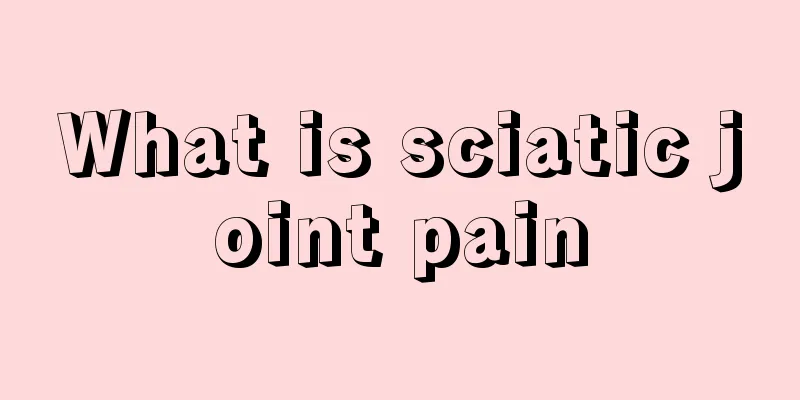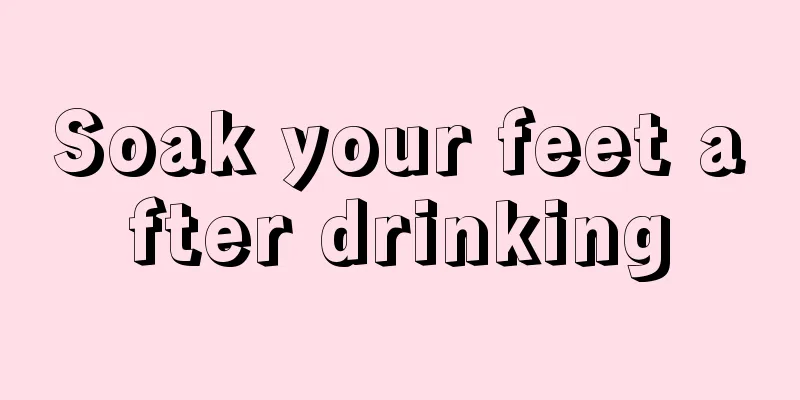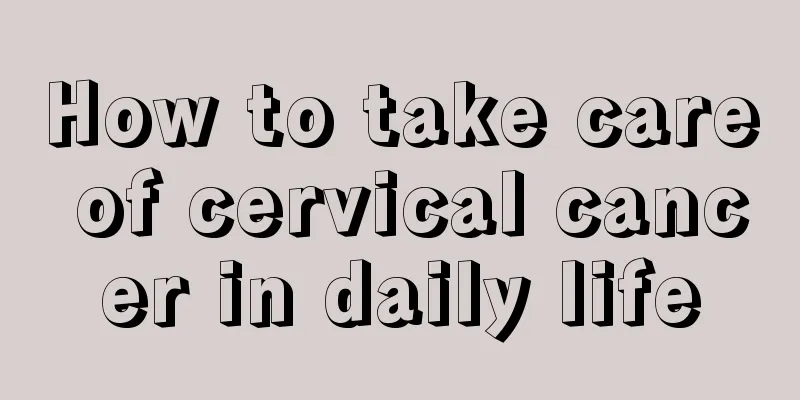What is sciatic joint pain

|
There are many patients with sciatica in life. Most of the sciatica is caused by patients sitting down to work. This is a bone disease, but when the condition is serious, it will cause nerve compression in patients. Therefore, there are many complications caused by sciatica, such as headaches, shoulder pain, etc. So what is sciatica? Sciatica and hip pain are often linked to each other because the sciatic nerve runs down the lower back of each leg, which means the nerve passes near the muscles that connect to the hip joint. Often, the hip muscles become tight or tense, which can cause compression of the sciatic nerve, leading to sciatica. Sciatica is a painful feeling -- often a shooting pain -- that can run from the lower back all the way down the back of the leg due to compression of the sciatic nerve. Therefore, sciatica can also cause hip pain. Although closely linked, sciatica and hip pain don't always go together. Hip injuries and muscle strains are possible without causing sciatica, and sciatica can certainly be felt in places other than the hip. This nerve pain is common in the lower back, buttocks, thighs, knees, and calves, and sometimes even as far as the ankles. However, even if the pain is not felt in the hip, it could be the hip muscle that is causing the problem; this pain is often felt elsewhere than where the nerve is actually being pinched. When the two do coincide, the compressed or pinched nerve is again not necessarily in the buttocks. It may become pinched somewhere in the lower back, causing pain in the buttocks or legs; in reality, sciatica pain is caused by compression of the sciatic nerve due to a herniated or bulging disc in the spine. This compression can cause painful sensations anywhere from the lower back to the ankles. Lack of adequate flexibility and lack of regular use of the hip muscles can lead to sciatica and hip pain. For example, sitting for long periods of time can increase the likelihood of sciatic nerve compression in the hip and buttocks. Sitting is a static position, which means the muscles in your hips and lower back are in the same position for a long time. The sciatic nerve can become pinched or compressed between tight muscles, causing pain. Participating in a regular exercise routine can help reduce sciatica pain, and regularly performed core exercises can strengthen and tone the muscles that support the spine, thereby avoiding conditions such as slipped discs. There are several types of homeopathic remedies used to treat sciatica and compression, and each of these homeopathic sciatica treatments is used for a different manifestation of the condition and is prescribed based on the needs of each individual patient. Sciatica is described as compression or impingement of the large sciatic nerve, which is located in the middle of the supernumerary muscle and runs down the back of the thigh. Symptoms include pain and burning sensations from the lower back to the buttocks and, in some cases, the legs. Conventional medicine often relies on anti-inflammatory medications, exercise, and chiropractic care to relieve common symptoms. |
>>: Why is my calf so cold that it hurts to the bone?
Recommend
Recurrence and metastasis of endometrial cancer
What should I do if endometrial cancer recurs and...
The reason for the melanin deposition on the chin, this is the best way to remove it
Ultraviolet radiation, endocrine reasons, lifesty...
Methods of Traditional Chinese Medicine in treating lung cancer in hospitals
Most primary malignant tumors of the lung origina...
What should I do if my ears get inflamed due to earrings?
Many girls like to have several piercings in thei...
What should I do if my neck is sprained and it hurts when I move? Ten tips to help you easily relieve it
In life, we often sprain our neck due to careless...
How to remove ink from clothes
I remember that when I was in school, ink was som...
Introduction to several common breast cancer symptoms
Breast cancer is a very scary disease for female ...
What's wrong with my fingers being numb and painful
Many times, patients simply ignore the symptom of...
Is it normal to have vitamin C in urine?
As we all know, vitamin C is an essential element...
What is hepatitis C antibody positive? Why is it so contagious?
Hepatitis C antibody refers to an antibody on the...
Various Chinese medicine treatments for patients with gallbladder cancer and jaundice
Gallbladder cancer is a common tumor in the bilia...
Eye polyp laser
The human eyes play an important role among the f...
Can roundworms help lose weight?
Speaking of roundworms, many people will probably...
Dietary treatment for pancreatic cancer
Dietary treatment for pancreatic cancer: 1. Garde...
How to prevent bile duct cancer scientifically
Many times, people are still afraid to see a doct...









